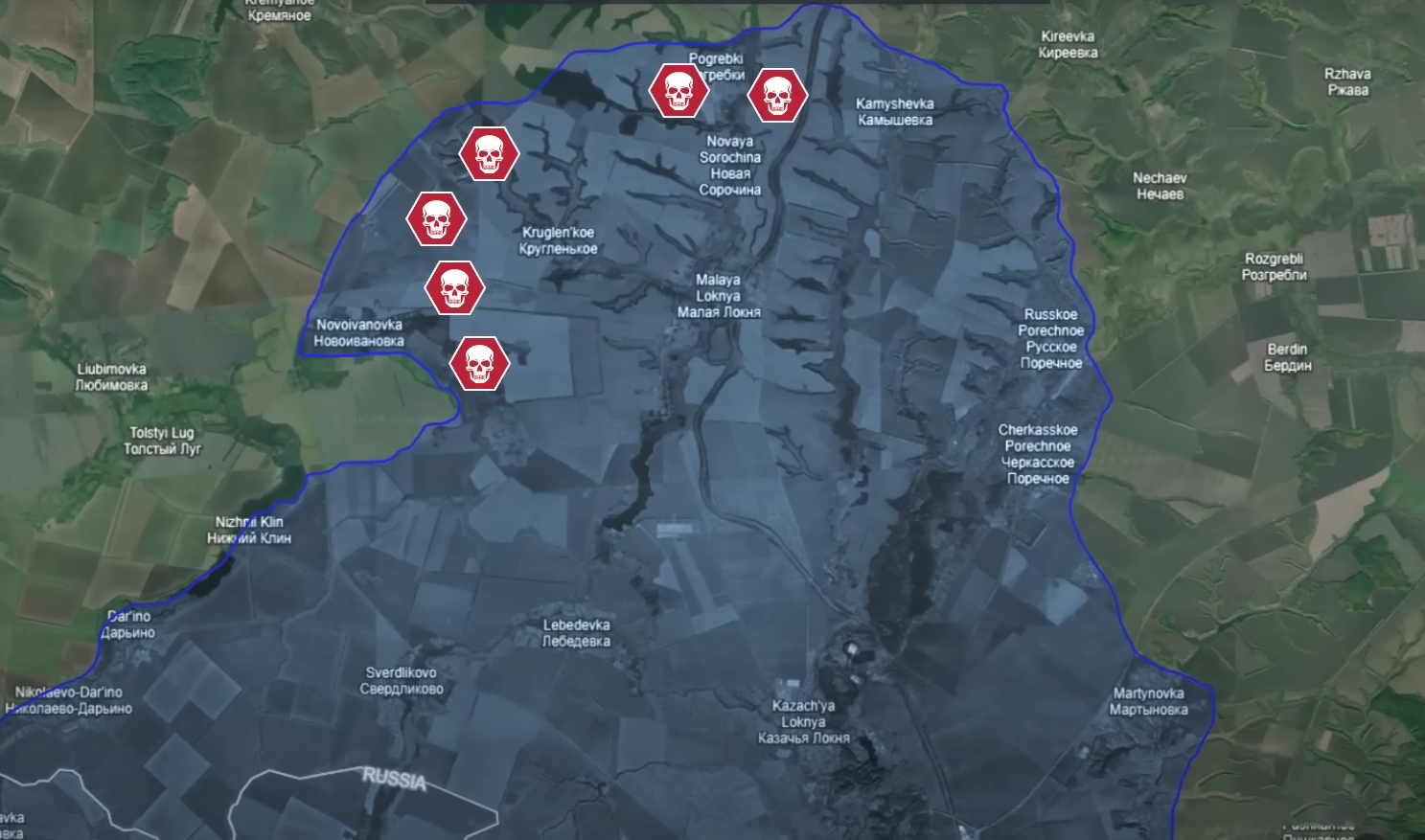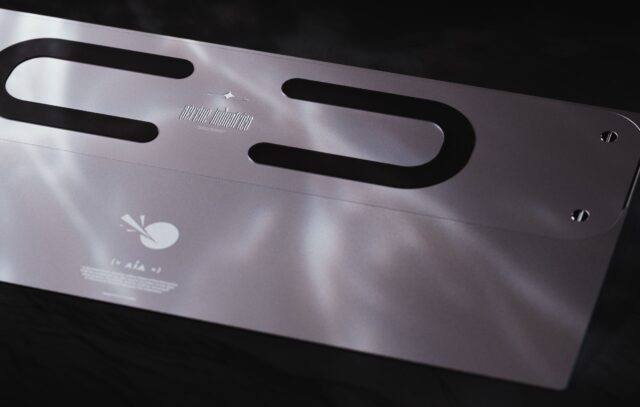Porsche’s first-ever electric car is undergoing a transformation to significantly enhance its driving range, performance, and fast-charging capabilities. With the 2025 Taycan, Porsche aims to stay ahead of the competition as rival EVs receive larger batteries and improved charging systems. The new Taycan will be available in two body styles – the sports sedan and the Cross Turismo wagon – each offering four powertrain options along with rear- and all-wheel drive variants. The sedan models, priced between $101,395 and $210,995, will be released this fall, while the Cross Turismo models, starting at $113,095 and going up to $213,695, will be available later this year. For the 2025 model year, Porsche is introducing a new gross capacity 105kWh battery as part of its Performance Battery Plus package, with details about the usable capacity remaining undisclosed. The 2023 Taycan was available in two battery configurations: 79kWh and 93kWh. Porsche claims that the refreshed Taycan will be one of the fastest-charging EVs with the ability to reach 80 percent charge in just 18 minutes, providing a significant improvement compared to other EVs with 800-volt architectures. The new Taycan will be capable of charging at 800-volt DC charging stations at up to 320kW, a 50kW improvement over the previous model. Furthermore, a 150kW DC/DC converter is being offered as standard for the Taycan, aiming to optimize charging speeds on 400-volt networks. The enhanced efficiency of the new Taycan is achieved through various factors, including a new advanced powertrain, more powerful batteries, revised thermal management, and a next-generation heat pump. The modified recuperation capacity has increased by over 30 percent, allowing for faster charging sessions. Additionally, all variants of the refreshed Taycan will come equipped with specially developed aerodynamic 21-inch wheels and reduced rolling resistance tires to further improve efficiency. These enhancements have enabled Porsche to shave crucial seconds off the Taycan’s zero to 60mph sprint time, making all variants notably faster than their predecessors. The rear-wheel drive Taycan, for example, now sprints from zero to 60mph in 4.5 seconds, which is 0.6 seconds quicker than before. The new Taycan Turbo S sedan is capable of reaching 60mph in just 2.3 seconds, an improvement of 0.3 seconds. Design-wise, the refreshed Taycan features new headlights, taillights, front fenders, and brushed aluminum door sill protectors, with the option for a leather-free interior using a high-quality microfiber material called Race-Tex. Although Porsche has not released any official range estimates, recent range tests in Southern California showed one prototype traveling an impressive 364 miles on a single charge. An Apple CarPlay update will be integrated into the vehicle displays and functions, and a new “In-Car Video” function will enable video streaming on the central display and the passenger display. Since its introduction in 2019, Porsche has manufactured nearly 150,000 Taycans, with the US, Germany, China, and the UK being the top markets for the luxury electric sedan. The refreshed Taycan signifies the direction of Porsche’s future lineup of EVs, including the upcoming all-electric Macan SUV, electric versions of the 718 two-seater, a plug-in Cayenne, and a new electric SUV to complete the lineup.
The upgraded Porsche Taycan is set to travel farther and charge quicker than ever
/cdn.vox-cdn.com/uploads/chorus_asset/file/25270717/05_Taycan_Turbo_Cross_Turismo_Driving_2.jpg)









/cdn.vox-cdn.com/uploads/chorus_asset/file/24511279/STK417_H_Herrera_Money_01.jpg)




